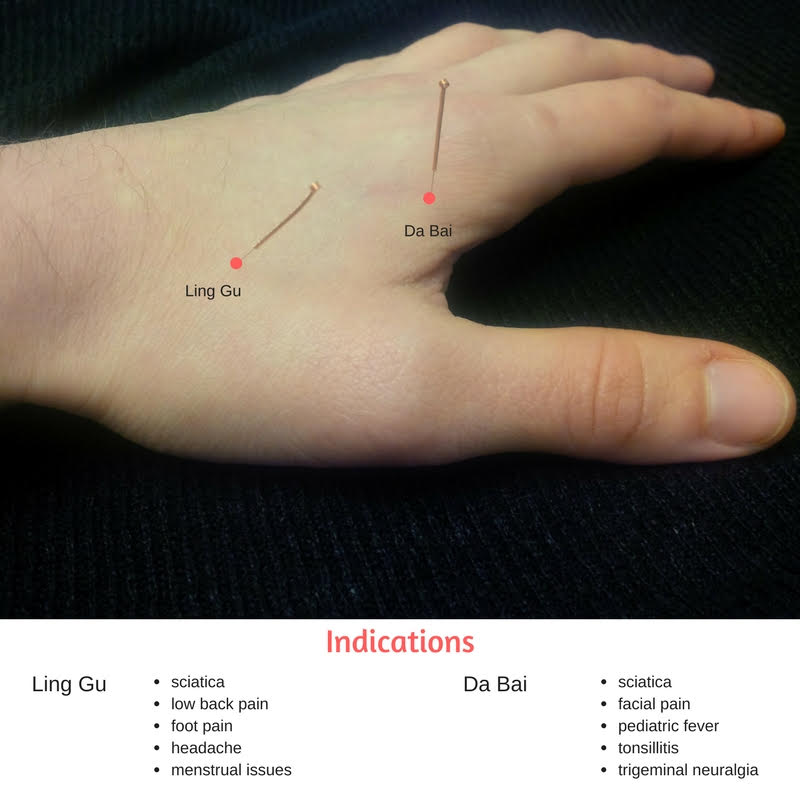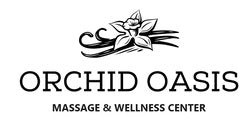
Share
What is acupuncture?
Acupuncture is the practice of piercing the skin with thin, solid, metallic needles which then can be activated through gentle and specific movements of the practitioner's hands or by using electrical stimulation.
Acupuncture is just one part of the ancient practice of Traditional Chinese medicine. Traditional Chinese medicine practitioners believe the human body has over 2,000 acupuncture points connected by pathways or meridians. These pathways create an energy flow, called Qi, that courses through the body, like a stream, that is responsible for overall health. Disruption of this energy flow can cause disease. By applying acupuncture needles to certain points, it is thought to improve the flow of Qi, thereby improving health.
Studies have shown that acupuncture is effective for a variety of conditions.
Acupuncture is not for everyone. If you choose to see an acupuncturist, discuss it with your doctor first and find a practitioner who is licensed as having proper training and credentials.
What does acupuncture feel like?
Acupuncture is done using very fine, hair-thin needles. Most people report feeling minimal or no pain when the needle is being inserted. The needle is inserted to a depth that produces a sensation of pressure or ache. Needles may be further stimed by applying a mild electric current to them. Some people report acupuncture makes them feel energized, while others say they feel relaxed.
How does acupuncture affect the body?
Acupuncture points are believed to stimulate the central nervous system. This causes the release of chemicals into the muscles, spinal cord, and brain. It is these biochemical changes that may stimulate the body's natural healing abilities and promote physical and emotional well-being. Many points are located along fascia lines which when stimulated can achieve results distal to the point that is being needled.
